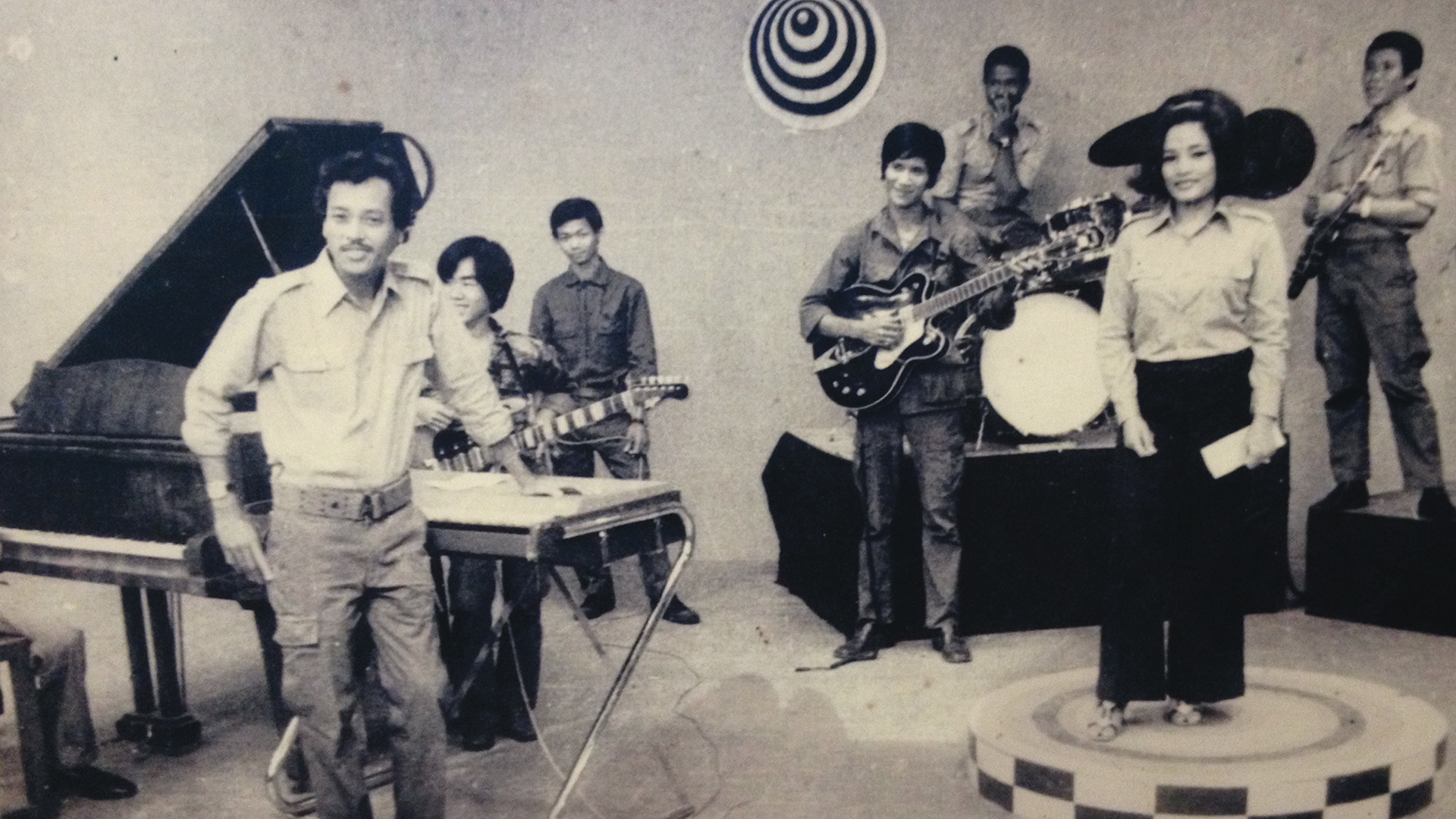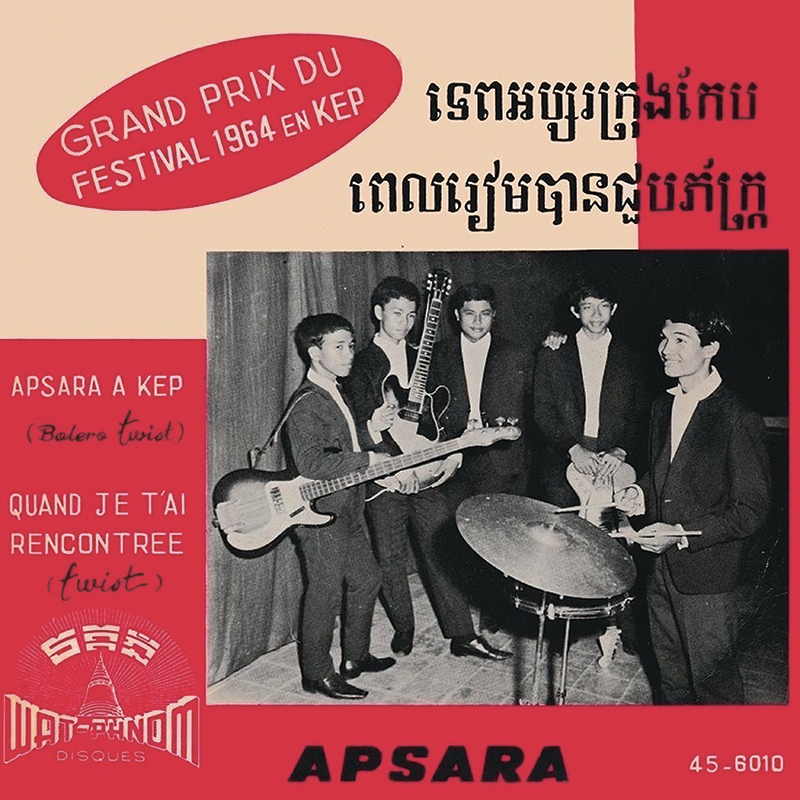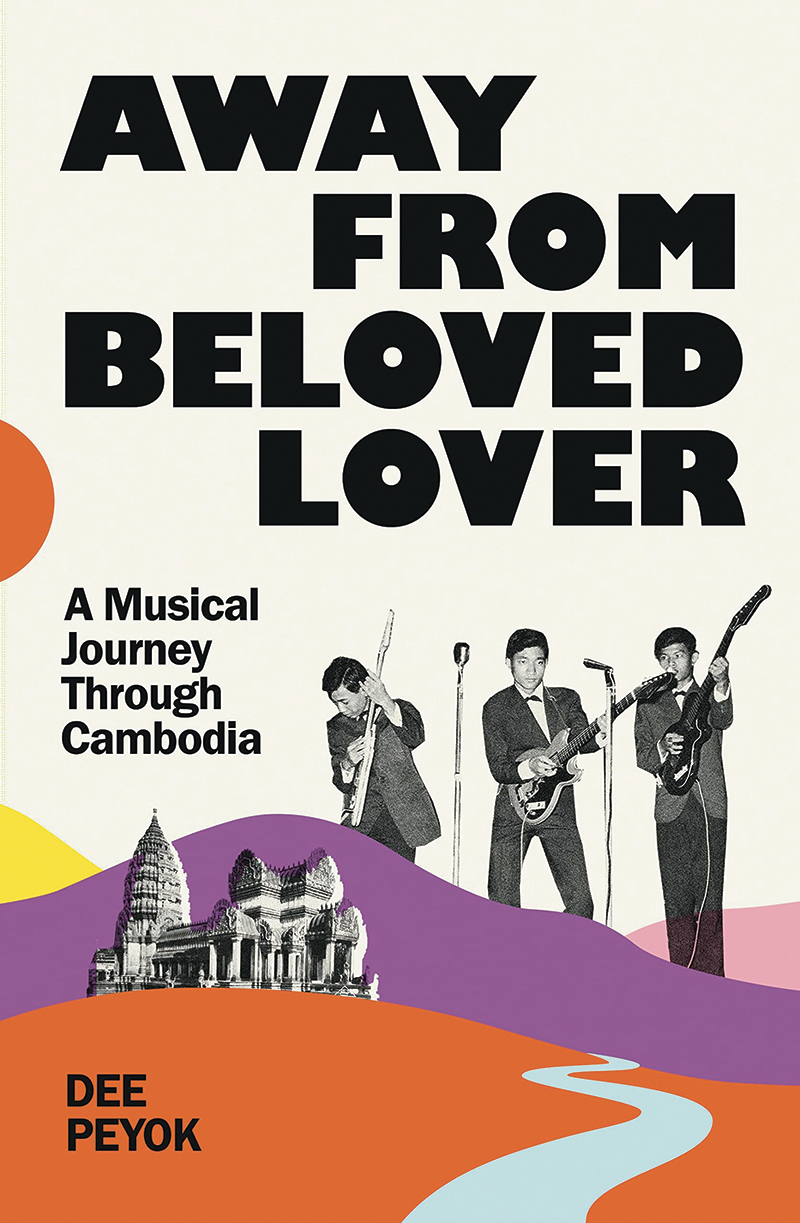The year 1962: a year of extraordinary firsts. The first American astronaut to orbit the Earth, The Beatles’ first single, the first Black man to enrol at the previously all-white University of Mississippi. And the year a new dance move – the Twist – gyrated its way from West to East, and onto the dancefloors of Cambodian cities. Igniting the sexual revolution and shaking the post-colonial establishment. Chubby Checker’s dance move was brought to the Southeast Asian country by nightclub singer, Chum Kem with his hit song, Kampuchea Twist. The old guard wrote outraged letters to the national rag, La Dépêche du Cambodge about the “vulgarity” of Kem, his followers and their hips, swinging to the rhythm of liberation. Rock’n’roll in Cambodia was born.
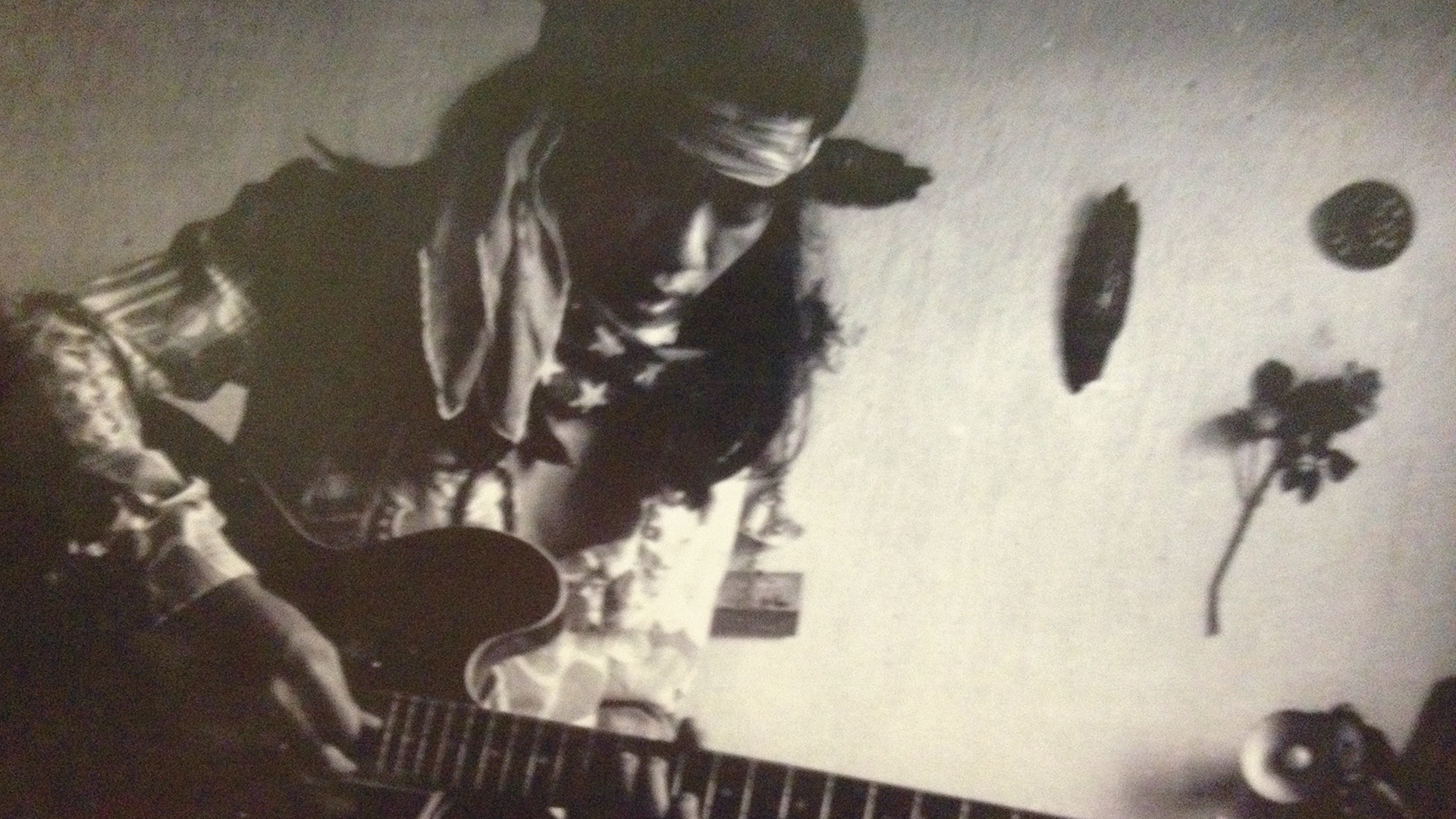
The next 13 years became known as Cambodia’s golden age of music. Traditional folk instruments – wooden floor zithers, gongs and gourd fiddles – blended with western instruments – electric guitars, Hammond organs and mandolins. Mid-century travellers returned home, their suitcases laden with bossa nova, modern chanson and rock’n’roll 45s. Cover songs and originals incorporating these new sounds were accented by centuries-old indigenous and courtly music to create a sound unique to Cambodia.
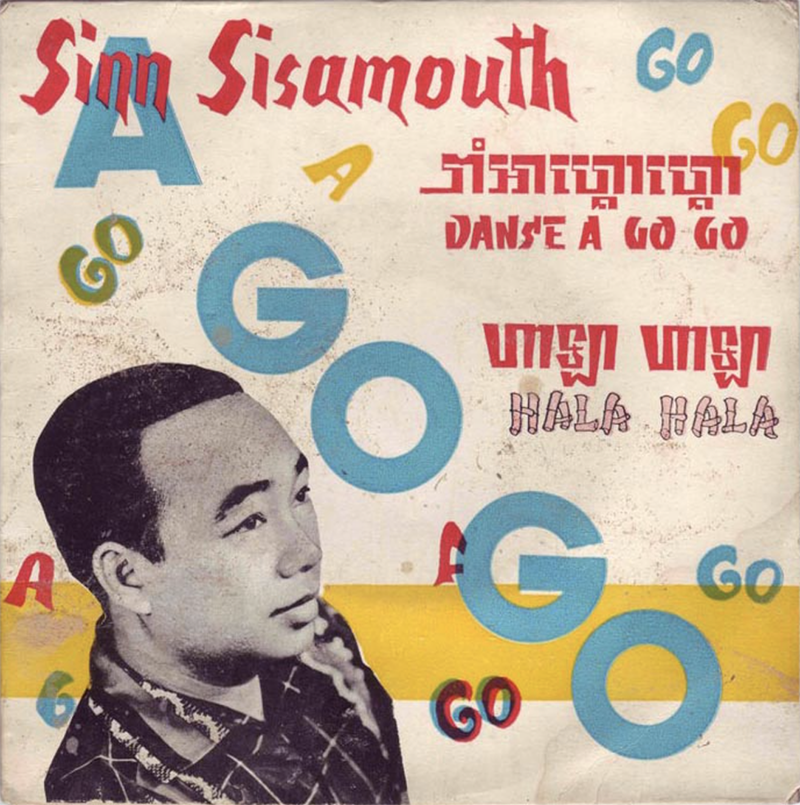
This was also the year that Sinn Sisamouth broke through with his hit song, The Flower of Battambang. A cover of Ary Barroso’s 1939 samba classic Aquarela Do Brasil, it’s still played heavily on Cambodian radio, 50 years on. A chameleon who traversed almost every genre of modern music from go-go to easy listening to flower-pop to hard rock, it’s estimated that Sisamouth recorded between 1,000 to 4,000 songs in less than two decades. He is unquestionably Cambodia’s King of Pop. Every young child – from the rice fields of Battambang to the fee-paying schools of the capital, Phnom Penh – still sing his songs.
Ros Sereysothea – Cambodia’s Queen of Pop – burst onto the scene a few years later. With her beehive, A-line dresses and captivating voice, she accumulated a vast back catalogue spanning from her first hit, the orchestral ballad, Blue River to her greatest hit, the garage-rock belter I’m 16, extolling the wonders of youth. Her rival, Pan Ron, played the feminist to Sereysothea’s romantic heroine. With her satirical wit, mini skirt and voguish moves, Ran answered I’m 16 with her Sixties pop classic I’m31, waving the flag for women’s liberation. Surf rock bands like Baksey Chamkrong and Apsara reduced teenage girls to screaming fandom with hits like Baksey’s instrumental BCK.
Your support changes lives. Find out how you can help us help more people by signing up for a subscription
As the neighbouring Vietnam War escalated towards the 1970s and radio waves grew in frequency, American Military Radio ushered in a new sound for a new era. Psychedelic garage rock arrived along with artists like proto-punk star Yol Aularong and trailblazing bands like Drakkar. By then, Cambodia was battling its own civil war. Many of its nightclubs shut down, but artists like Pov Vannary played folk ballads and Carpenters covers on a vast copy of a Hofner Congress guitar, providing her fans with occasional respite from life in a war zone.
